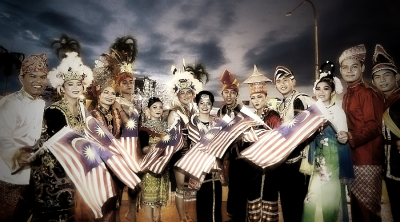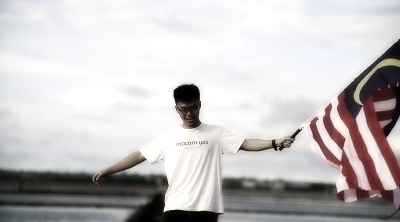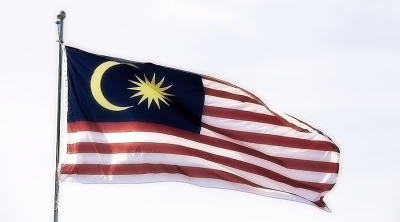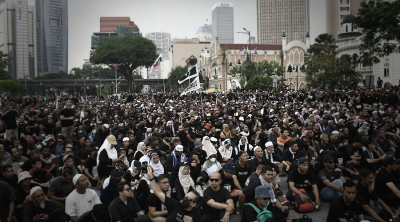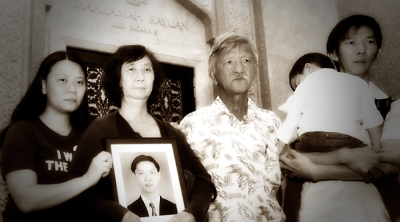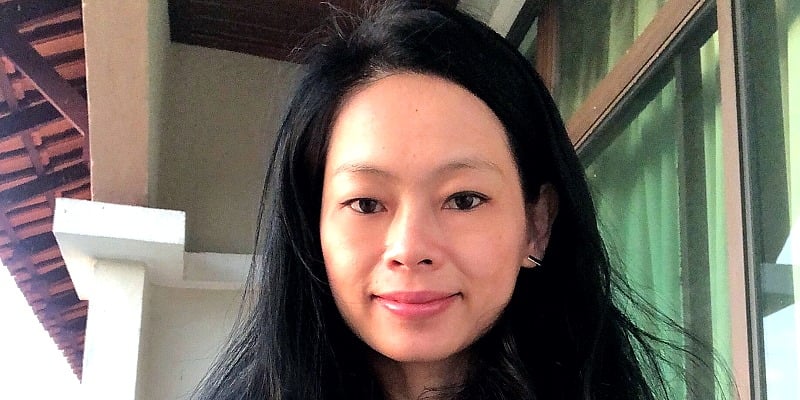
Malaysia has recently returned to the UN Human Rights Council for the 2022-2024 term, with 183 votes as recently announced.
The 76th UN General Assembly held elections on 14 October for 18 new UN Human Rights Council members who will serve for three years starting in January 2022.
Besides Malaysia, the 193-member General Assembly also elected by secret ballot the following countries: Finland, Argentina, Benin, Cameroon, Eritrea, Gambia, Honduras, India, Kazakhstan, Lithuania, Luxembourg, Montenegro, Paraguay, Qatar, Somalia, UAE, and the United States for the 2022-2024 term on the Council.
This is the third time Malaysia winning a seat in the Council.
Usually, between four and five Asia-Pacific states are elected to the Council each term. The last time Malaysia was on the Council was for the 2010-2013 term. The country was first elected to the Council for the 2006-2009 term.
Is this seat significant for Malaysia?
The Human Rights Council is an inter-governmental body within the UN system made up of 47 states responsible for strengthening the promotion and protection of human rights around the globe.
The UN General Assembly created the Council on 15 March 2006 to address situations of human rights violations and make recommendations on them.
The Council itself has been quite a controversial body on its own, with the criticisms of the human rights record of the members elected to the Council despite their human rights performance back at home.
Such criticism is the same for Malaysia. Malaysia continues to be far behind in its commitment to the international human rights treaties, and we are among the lowest in signing them.
Thus far, Malaysia has only signed the Convention monitored by the Committee on the Elimination of Discrimination against Women (CEDAW), the Convention on the Rights of the Child (CRC) and the Convention on the Rights of Persons with Disabilities (CRPD).
Even so, Malaysia still made reservations that it does not provide complete human rights protection.
Human rights are not well protected in Malaysia. We continue to witness that the government curtails freedom of expression, freedom of assembly, media freedom, migrant workers and refugees rights, indigenous rights, racial discrimination and many more.
The UN General Assembly Resolution 60/251 which created the Human Rights Council urges states voting for members to “take into account the contribution of candidates to the promotion and protection of human rights”.
Council members are required to “uphold the highest standards in the promotion and protection of human rights” at home and abroad and “fully cooperate with the Council”.
While skepticism exists, especially among the civil society actors, such recognition can be served as a tool for us to continue to monitor human rights protection by the government.
Back home, there remain pending pledges made by the government that continues to be not being fulfilled.
For instance, one of the concerning documents is the National Human Rights Action Plan (NHRAP) launched on 1 March 2018.
The same document is mentioned in Malaysia’s pledge to the Council, “Malaysia is collaborating closely with the Office of the United Nations High Commissioner for Human Rights (OHCHR) and the UN in Malaysia to jointly develop a UPR Monitoring Matrix that is in line with the relevant human rights conventions, Sustainable Development Goals (SDGs), and National Human Rights Action Plan (NHRAP).”
The NHRAP references the Federal Constitution, the Universal Declaration of Human Rights (UDHR), the Cairo Declaration and political and sociocultural aspects as its core frameworks.
However, it falls short of showing how it will reconcile existing tensions and conflicting frameworks on human rights between the UDHR and the Cairo Declaration concerning Malaysia’s political and sociocultural context.
This is because the Cairo Declaration views human rights as restricted explicitly to the limits set by the Syariah law.
This alone does not go in line with what the prime minister mentioned, as in using the UDHR as a guideline for human rights protection.
As I quote from the tweet by Prime Minister Datuk Seri Ismail Sabri Yaakob: “…We are ready to play an active role, to be the facilitator for conciliation, enabler for cooperation, and builder of consensus… Malaysia will work closely with UN Member States to advance the global human rights agenda, as enshrined in the Universal Declaration of Human Rights… As our nations lay the groundwork for a sustained and inclusive recovery post #COVID19, human rights must be kept at the center of all our efforts. In unity, for humanity.”
This is only one example of the contradictory commitment made by our government. It can go unnoticed if we do not continue to monitor and put pressure on our government to translate what they pledged into a vision for more substantial recognition and protection of human rights in Malaysia.
Malaysia elected to the United Nations Human Rights Council: should we be proud?
We cannot until the government exercises the political will to carry out such reforms and to avoid the government from using human rights as a tool for the national interest.
(Khoo Ying Hooi is Universiti Malaya Senior Lecturer.)
ADVERTISEMENT
ADVERTISEMENT







